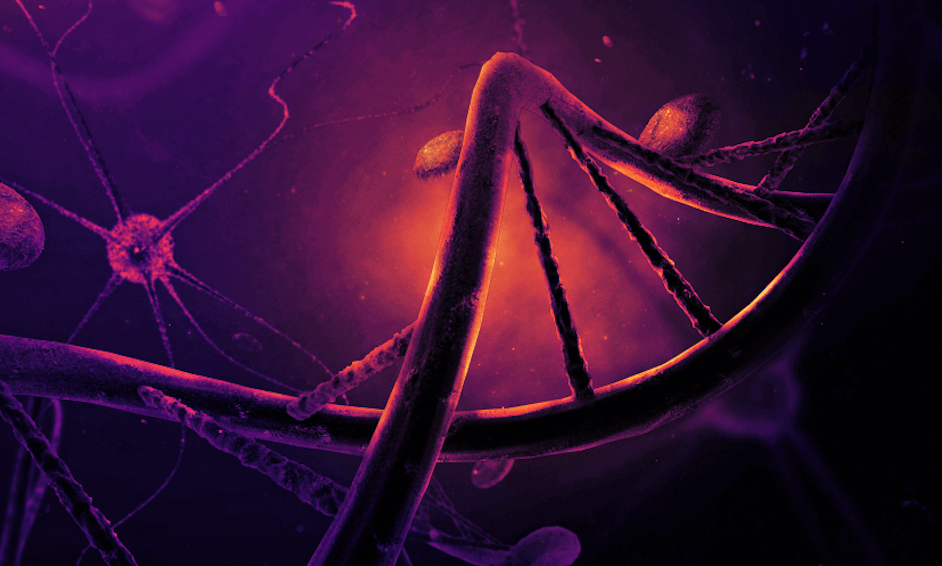Millions of people suffer from high cholesterol, and now a new, innovative gene-editing injection could just change their lives by lowering it permanently. Past research has proved that some people are born with mutations that lower a person’s risk of heart disease by disabling a specific gene within the body. Now, for the first time, researchers have successfully disabled this same gene in animals using a single injection.
This is a fantastic breakthrough and could potentially save the lives of millions of people across the globe. More safety tests need to be carried out before it can be tried on humans, as it does involve changing the person’s DNA permanently. But, once that’s been done, there’s no stopping it. High cholesterol levels can often lead to heart attacks and strokes. While statins are one successful form of treatment, they can also cause nasty side effects such as muscle pain and liver damage in some patients.
Not many people have a very low cholesterol level naturally, but those that do have mutations in their bodies preventing their liver from creating the PCSK9 protein. Giles Lambert at the University of Reunion Island studied the protein and said, “They have a lower incidence of cardiovascular disease and no apparent side effects whatsoever.” Normally, the PCSK9 protein circulates in the blood, degrading a protein that’s found on the surface of blood vessels. It’s this second protein that sets to work removing LDL cholesterol from the blood. However, those who lack PCSK9 because of genetic mutations have lower levels of cholesterol as they have more of the LDL removing protein.
Antibodies have been created that work by removing the PCSK9 protein from the blood. But, they’re very expensive to administer and need to be injected every two to four weeks. So instead, researchers turned to gene editing as a better alternative. Tests have already been carried out in mice using the CRISPR technique that managed to successfully disable the human version of the PCSK9 gene. The results revealed even lower levels of cholesterol in the mice when given the CRISPR treatment opposed to those injected with the antibody drugs. But, there are still concerns that altering a person’s DNA could cause mutations elsewhere unintentionally. And worse still that these mutations could cause cancer.
However, developments are constantly being made in regards to the CRISPR treatment and scientists may soon begin using modified versions of the CRISPR protein to disable the PCSK9 gene, rather than altering the DNA. This method works by targeting the epigenome which scientists are confident will be much more useful for treating diseases than traditional genome editing.
More News To Read
- As AI Gets Smarter, What Happens to Us Humans?
- Twitter Takes Another Dive to Become Less Valuable than it’s Chinese Clone
- Has the Mystery Surrounding Einstein’s Constant Finally Been Solved?
- 10 Things About the Universe You May Not Have Known
- Stanford Researchers Take the World by Storm with New Wave of Affordable Batteries











